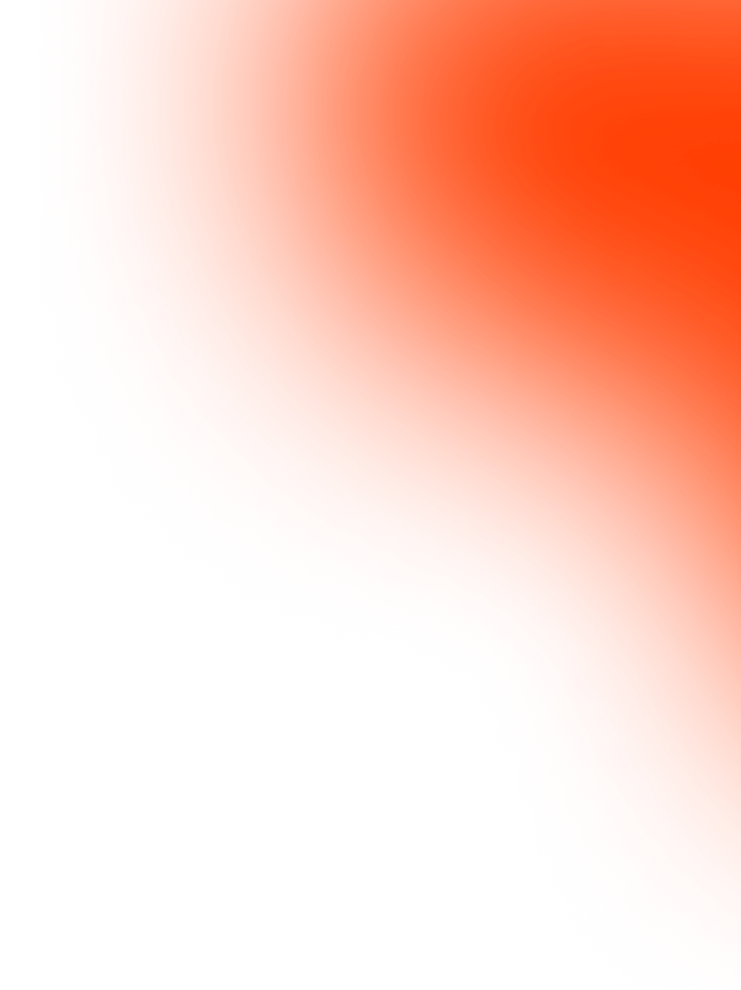- Your cart is empty Browse Shop
- Home
- About
- Who We Help
- Services
- Aesthetic Clinic Website Design
- Custom Clinic Website
- Dental Clinic Website Design
- Healthcare Website Development
- Medical Website Design
- Mental Health Website Design
- Responsive Medical Websites
- SEO for Medical Professionals
- Website Design for Doctors
- Website Development for Therapists
- WordPress Healthcare Websites
- Portfolio
- Resources
- Contact

- SMPLY Studio | Medical & Aesthetic Website Design
- .
- Top Web Design Trends Shaping the Wellness Industry in 2025
- .
Top Web Design Trends Shaping the Wellness Industry in 2025
Introduction
The wellness industry has always been about experience—both physical and emotional. In 2025, your digital presence needs to reflect that philosophy more than ever. As users become more design-savvy and brand-conscious, a generic website won’t cut it. This blog explores the top web design trends that are shaping wellness brand experiences online and helping businesses like yoga studios, spas, and holistic coaches stand out.1. Earthy and Calming Color Palettes
Firstly, aesthetics matter. Modern wellness websites are adopting color schemes that evoke tranquility and nature. Expect to see: – Sage greens and muted blues – Warm neutrals like sand, stone, and beige – Gradient transitions inspired by sunrise or dusk These palettes help reduce bounce rates by making users feel instantly relaxed.2. Soft Typography and Large Display Fonts
Font trends in 2025 lean toward elegance and comfort: – Rounded serif and humanist fonts – Oversized headlines paired with spacious paragraph text – Handwritten or signature-style accents Typography should feel personal, friendly, and clear—even on mobile.3. Scrolling Interactions and Micro-Animations
Micro-interactions elevate the user journey: – Subtle parallax scrolls – Floating icons that animate on hover – Calming entrance transitions Animations should enhance, not distract. Aim for intuitive flow and minimalism.4. Full-Screen Video Backgrounds
To instantly communicate your space or vibe, many wellness brands now use: – Full-screen hero videos showing yoga sessions or serene spa scenes – Looping ambiance shots like waves, fire, or forest trails Keep videos short, muted, and optimized for mobile.5. Storytelling Through Visual Hierarchies
Wellness websites in 2025 tell a story—not just list services. Use layouts that guide visitors through: – Your origin and mission – The transformation journey of your clients – Values behind your approach Strategic white space and image-text pairings can help lead this flow.6. Modular Design and Flexible Layouts
Instead of rigid templates, websites are moving toward modular grids: – Stacked content blocks – Adjustable columns on scroll – Interactive sliders or tabs This allows updates and content expansion without redesigning entire sections.7. Immersive Booking Experiences
No more clunky forms—booking now feels like part of the experience: – Multi-step booking flows with progress bars – Smart time pickers and calendar integrations – Embedded video intros before confirmation Smooth UX keeps conversion high.8. Sustainable and Mindful Design Practices
Wellness is now synonymous with sustainability. In web design, this includes: – Low-carbon hosting – Optimized file sizes for energy efficiency – Minimalist coding and conscious UX decisions Eco-conscious design appeals to mindful consumers.9. Integrated E-commerce for Wellness Products
Many studios are monetizing their digital presence via online stores: – Organic skincare and supplements – Digital courses and yoga recordings – Memberships and gift cards Designs now prioritize shoppable layouts and quick checkout flows.10. Personalized Wellness Dashboards
Expect to see more wellness brands offering logins for: – Custom progress tracking (e.g., yoga streaks) – Suggested routines or content – Member-exclusive content and tools This boosts user retention and encourages community.Summary: Design as a Digital Retreat
To summarize, the wellness industry is embracing web design that mirrors its core mission—calm, clarity, and care. Whether through visual storytelling, immersive UX, or sustainable choices, 2025’s design trends help wellness brands craft digital sanctuaries that build trust and inspire bookings.Call to Action
Want a wellness website that reflects your unique energy? At SMPLY Studio, we design intuitive, trend-aligned websites for yoga studios, wellness coaches, and holistic businesses.
Cart (0 items)

